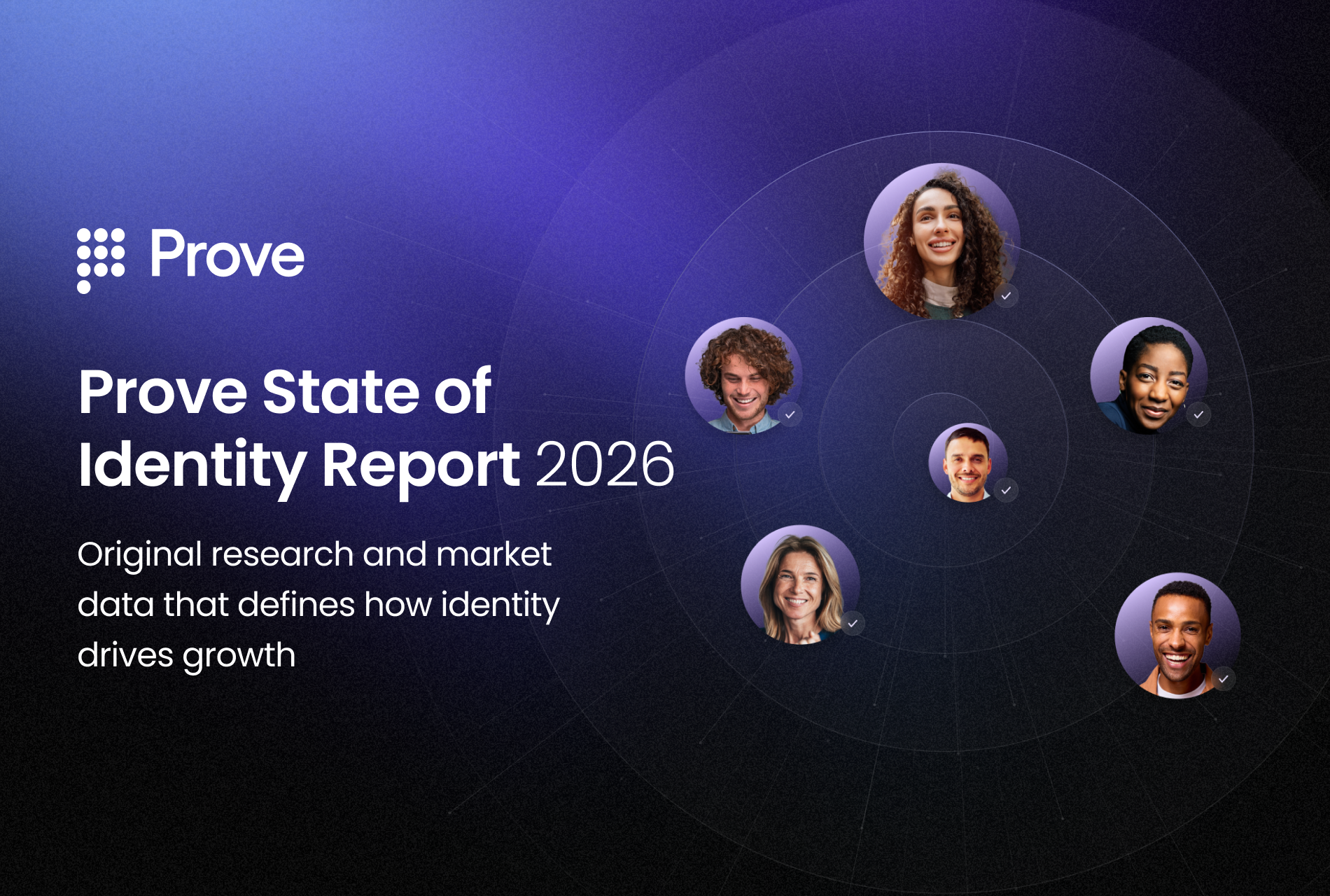What is Phone Intelligence?


Phone intelligence or mobile intelligence refers to a robust set of phone and mobile signals that can be analyzed and synthesized to provide insight for the purposes of identity verification, identity authentication, and fraud prevention. Examples of telecom signals that feed phone intelligence include:
- Phone line tenure
- Phone behavior such as calls, texts, logins, ad views
- Phone line change events as ports, snap-backs, win-backs, true disconnects, phone number changes
- Phone number account takeovers such as SIM swaps
- Velocity and behavior of change events
How does phone intelligence support a more sophisticated, private, and secure model of identity verification? What does it offer that traditional identity verification and identity authentication models cannot?
First off, let’s identify some other identity verification and identity authentication methods that mobile intelligence can either replace or strengthen:
- Knowledge-based authentication (KBA a.k.a. security questions)
- SMS one-time passcodes (SMS OTP)
- Passwords
- Biometrics
- Document scanning
Why is using mobile intelligence a better identity verification and authentication approach than using the methods above?
Diverse Signals Provide the Highest Correlation with Identity and Trust
If you think about how many people have mobile phones, how long they have had them, and how often they use them, it’s clear why signals from mobile phones provide the most detailed, longitudinal (repeated observation or examination over time) view of a consumer’s digital footprint. Because this digital footprint is composed of so many different signals over such a long period of time and with such frequency, it is highly correlated with the identity and trustworthiness of the associated consumer.
One important thing to note is that in order to have the maximum effect and accuracy, mobile signals should be paired with signals from other authoritative data sources, such as signals from banks and credit bureaus. Combined with signals from a diverse array of authoritative sources, phone intelligence can give powerful insight into whether your customer is who they say they are.
Enhanced Customer Experience and Privacy
Phones have built-in, passive authentication, encryption and privacy. With phone intelligence, a consumer does not need to download a separate app or purchase a physical hardware token to authenticate themselves. The process can take place invisibly and seamlessly through their existing mobile device, improving the customer experience. If you think about the experience a customer goes through using some of the more traditional methods of identity verification – having to remember the answers to security questions, fumbling with passcodes – it’s obvious why a user flow that either eliminates or minimizes those points of friction is better.
Further, unlike with KBA, there is no need to share personally identifiable information (such as social security number, address, or answers to secret questions) to verify your identity because mobile intelligence is built upon a privacy-first, zero-knowledge architecture.
How can companies leverage phone intelligence?
Phone intelligence has many different applications but some popular use cases include:
- Identity verification
- Identity proofing
- Seamless login authentication (two-factor authentication/multi-factor authentication)
- SIM swap fraud/Account takeover prevention
- New account creation/user acquisition
- Authenticating call center calls
Phone intelligence signals can be used not only for mobile interactions but also across web and call center channels.
Interested in learning how mobile intelligence can improve your identity verification strategies to make your customer experiences safer, faster, and easier?
Prove provides the most comprehensive mobile intelligence on the market with over 10 years of tenure, behavior, and other telecom signals. We analyze 6 million new events every day, such as phone number changes, disconnects, account ports, and SIM swaps; and we uniquely have 90% coverage of the 700 million US phone numbers – the highest in the industry. Through our patented Trust Score™, we synthesize these telecom events with additional signals from our network of authoritative data sources to provide the most complete view of your customers’ identities in a private, tokenized manner.
Want to learn more about Prove’s phone intelligence-powered solutions?

Keep reading
 Read the article: How Prove’s Global Fraud Policy Stops Phone-Based Fraud Others Miss
Read the article: How Prove’s Global Fraud Policy Stops Phone-Based Fraud Others MissLearn how Prove’s Global Fraud Policy (GFP) uses an adaptive, always-on engine to detect modern phone-based threats like recycled number fraud and eSIM abuse. Discover how organizations can secure account openings and recoveries without increasing user friction.
 Read the article: Prove Supports Safer Internet Day: Championing a Safer, More Trustworthy Digital World
Read the article: Prove Supports Safer Internet Day: Championing a Safer, More Trustworthy Digital WorldProve proudly supports the goals and initiatives behind Safer Internet Day, a worldwide effort that brings together individuals, organizations, educators, governments, and businesses to promote the safe and positive use of digital technology for all, especially young people and vulnerable users.
 Read the article: Prove’s State of Identity Report Highlights the New Rules of Digital Trust
Read the article: Prove’s State of Identity Report Highlights the New Rules of Digital TrustProve’s State of Identity Report explores why traditional point-in-time verification is failing and how businesses can transition to a continuous, persistent identity model to reduce fraud and improve user experience.












